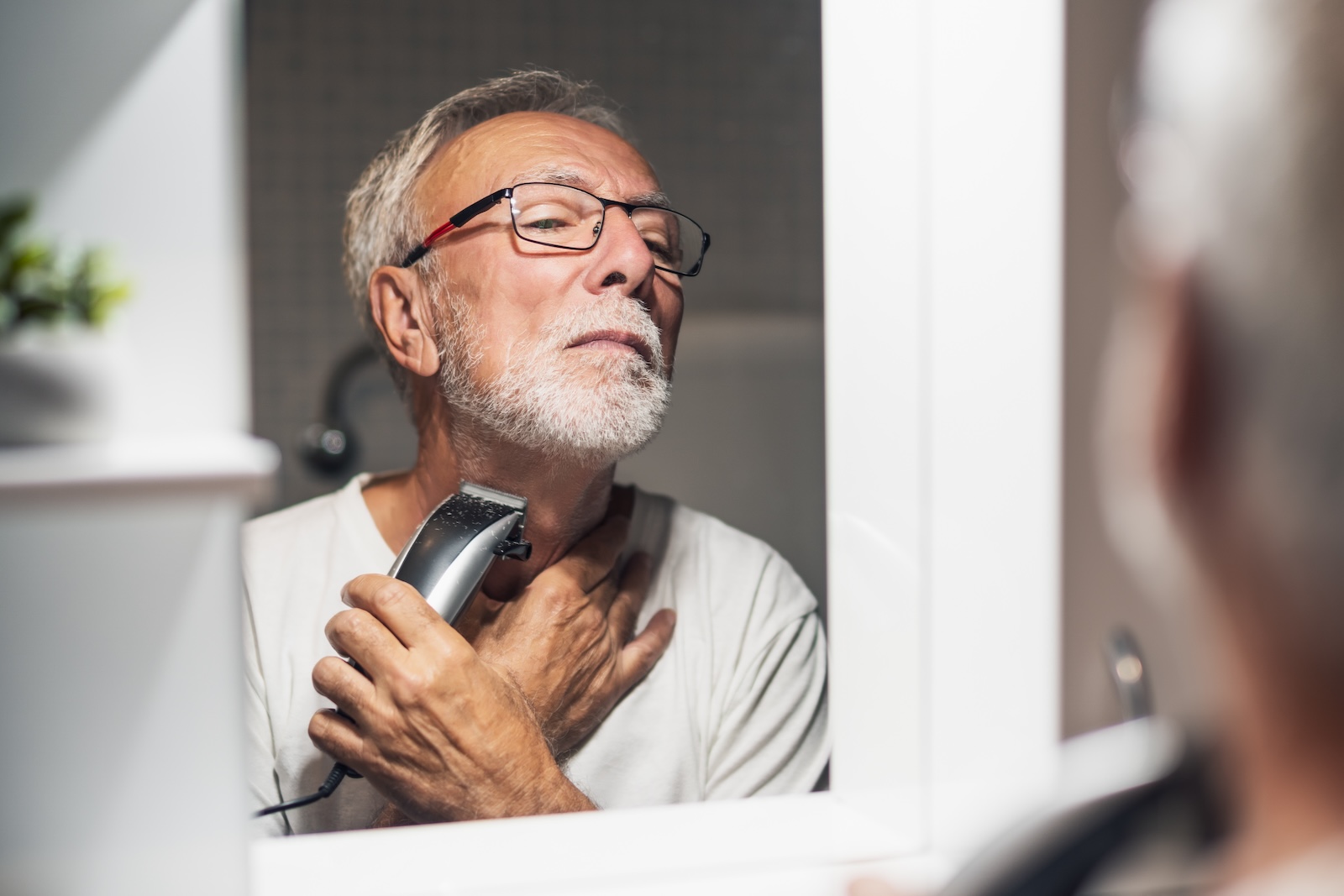Magazine
How to Prevent Acne From Scarring
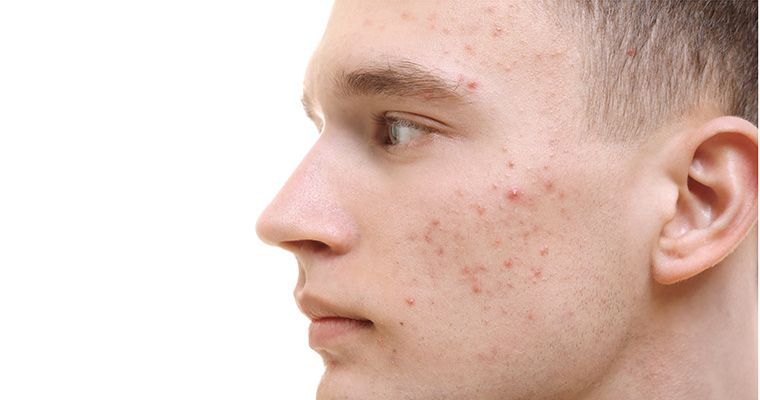
Facial Scar Treatment: How to Prevent Acne From Scarring
If you don’t want to have to undergo facial scar treatment, then you need to know how to prevent acne from scarring!
Did you know that one out of five people who have acne will end up having acne scars? Acne scars can be hard to deal with because they are often permanent and hard to cover or get rid of. However, this doesn’t mean that reducing the appearance of acne scars is impossible.
You can start by learning how to prevent your acne from scarring in the first place. Then, to deal with your remaining acne scars, there are try various facial scar treatment options you can try. Keep reading to learn more about how to prevent acne scars and how to reduce scarring that you already have.
Don’t Squeeze or Pop Your Pimples
Many people are tempted to squeeze or pop their pimples because they believe that by doing this, they can help speed along the healing process. However, popping your pimples is actually one of the worst things you can do if you’re scared about acne scarring. When it comes to the question, “What causes acne scarring?” it all has to do with inflammation.
Pimples occur when a pore in the skin becomes inflamed for some reason. A pore can become inflamed if it becomes clogged with oil, dirt, or bacteria. A pore may also become irritated from fluctuating hormones, which is especially common during puberty (although it can continue throughout one’s life in some cases).
When a pore becomes inflamed, cells within the pore break down which can cause scarring. Even small pimples involve the destruction of skin tissue to some extent, but usually, the loss of skin cells is too small to notice and the damage heals on its own.
For larger pimples, cell destruction is much more prominent because there is a much larger area of inflammation. When you squeeze or pop a pimple, you are taking an area of inflammation and only irritating it further. This can lead to an even greater loss of skin tissue which, in turn, can lead to worse scars.
Irritating Your Pimples
Besides irritating the pimple, popping a pimple can introduce new bacteria into the wound. Popping a pimple can be tempting especially if you’re dealing with a big whitehead filled with pus, but even so, you should not pop it. If you do, bacteria will crawl in through the opening and inflame the remaining pimple even more.
Besides the introduction of bacteria, squeezing a pimple doesn’t necessarily squeeze out the contents of the pimple. While you might be able to squeeze out some pus, the majority of the debris within the pimple will actually dive deeper into the skin, specifically into the dermis layer. This causes the inflammation to sink deeper which can lead to more serious scarring.
So, even if a pimple is begging to be popped, don’t do it or you’ll increase your chances of bad scarring. Your best bet is to soak the pimple using a warm rag. This will soften it and calm down the inflammation until it goes away on its own.
Treat Your Pimples as Soon as They Appear
When a pimple shows up on your face, the last thing you want to do is let it run its course without doing anything about it. There are a few simple beauty treatment options that you can do at home that can help keep pimples from getting too serious. Many over-the-counter acne treatment options can calm down your acne.
For example, salicylic acid is very good for keeping acne at bay, treating acne as it appears, and even lessening the appearance of mild acne scars and hyperpigmentation. Salicylic acid is not a very strong treatment but it does do a good job of taking off the top layers of your skin. This can keep your skin clean and lessen the chances of your skin developing more pimples later on.
Salicylic acid is especially good for speeding along the acne healing process. It does this by reducing the inflammation of your acne. This is important because if you can keep your acne inflammation down to a minimum, your chances of scarring will diminish.
Of course, salicylic acid isn’t a miracle cure for acne and acne scars. As mentioned before, it is a mild over-the-counter treatment and it likely won’t do much for severe or cystic acne. Benzoyl peroxide is another good over-the-counter acne treatment option.
Benzoyl peroxide is especially good at destroying acne-causing bacteria on the surface of your skin. Bacteria causes acne by infecting your pores, clogging them, and then creating inflammation which eventually manifests as a pimple. By using benzoyl peroxide, you won’t have to deal with acne that is caused by bacteria in the first place.
What You Need to Know
While salicylic acid and benzoyl peroxide are great for removing dead skin cells and preventing clogged pores, they cannot prevent all types of acne and cannot treat severe acne scarring. For something that works on all types of acne and acne scars, you might want to try silicone gel.
Silicone gel does wonders for reducing the appearance of acne scars, especially fresh scars. Scars are hard to treat because they are hard and fibrous, unlike regular skin which is soft and flexible. Silicone gel, however, hydrates the upper layers of skin and softens the tough scar tissue.
After using silicone gel for a few weeks or months, you will start to see a big difference in even the largest and most stubborn acne scars. Once you start to moisturize and soften your scars with this gel, the scars will flatten and their discoloration will become less severe. While silicone gel can’t make acne scars disappear, it can certainly help with their overall appearance.
This gel is a good choice for both new and old acne scars. So, if you’ve tried to treat your pimples but they still resulted in scarring, it’s a good idea to use some silicone gel to keep the scarring to a minimum.
Wearing Sunscreen
Many people don’t realize how bad the sun can be for their skin, especially for acne-prone skin. Everyone knows that if you go out in the sun for enough time your skin will tan. This is the result of melanin production in your skin cells.
However, this melanin production is especially concentrated in areas of your skin that already have extra pigment. In particular, hyperpigmentation and discolored scars from acne can look even worse as a result of sun exposure. The melanin in these areas will work even harder to darken when exposed to sunlight, even for a short period of time.
Does this mean that you shouldn’t go out in the sun at all if you’re worried about the colors of your scars? Of course not! You can solve this problem by wearing sunscreen whenever you go outside.
Your sunscreen should have an SPF of 30 or more. The higher the SPF rating is, the more your skin will be protected. If you have particularly sensitive skin and want to make sure that it stays in good shape, you should also wear a sunhat when going outside.
The Details
As long as you protect your skin by following a daily skin care regime and wearing sunscreen, your scars and spots of hyperpigmentation shouldn’t get any worse. Instead, they will have a chance to become milder in appearance.
As mentioned before, scars are quite firm and inflexible. They also tend to not absorb and hold onto moisture like normal skin. This can render them even harder and make them look worse than they are.
But if you use a good moisturizer or silicone gel, you can keep these scars soft throughout the day. That way, the appearance of the scars will be reduced.
All About Facial Scar Treatment and Prevention
Facial scar treatment and prevention are very important for the health of your skin. You can prevent acne scars in several ways, such as by using sunscreen, taking care of your pimples as they appear, and not popping or squeezing your pimples. If you already have acne scars and don’t know how to treat them, you can try using silicone gel.
This will soften the scars and improve their appearance. To learn more about this gel, contact us here.
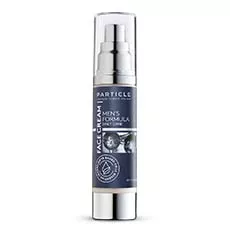
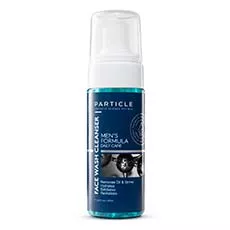
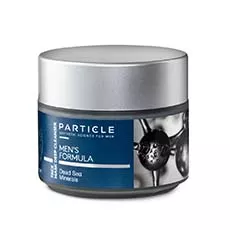
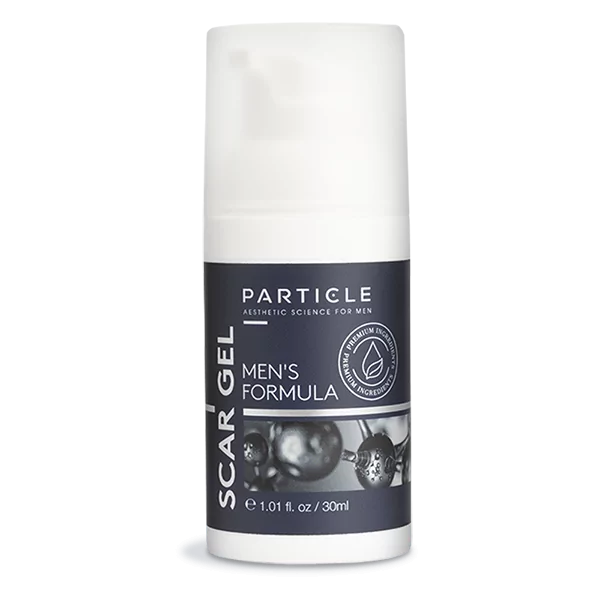
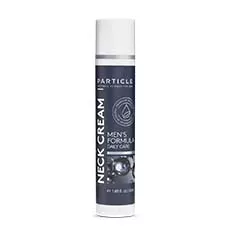
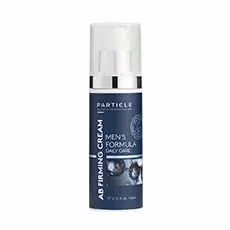
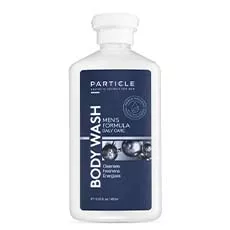
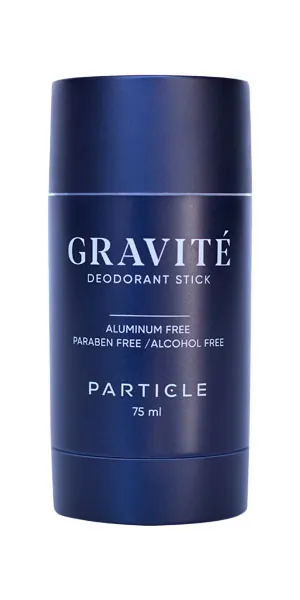
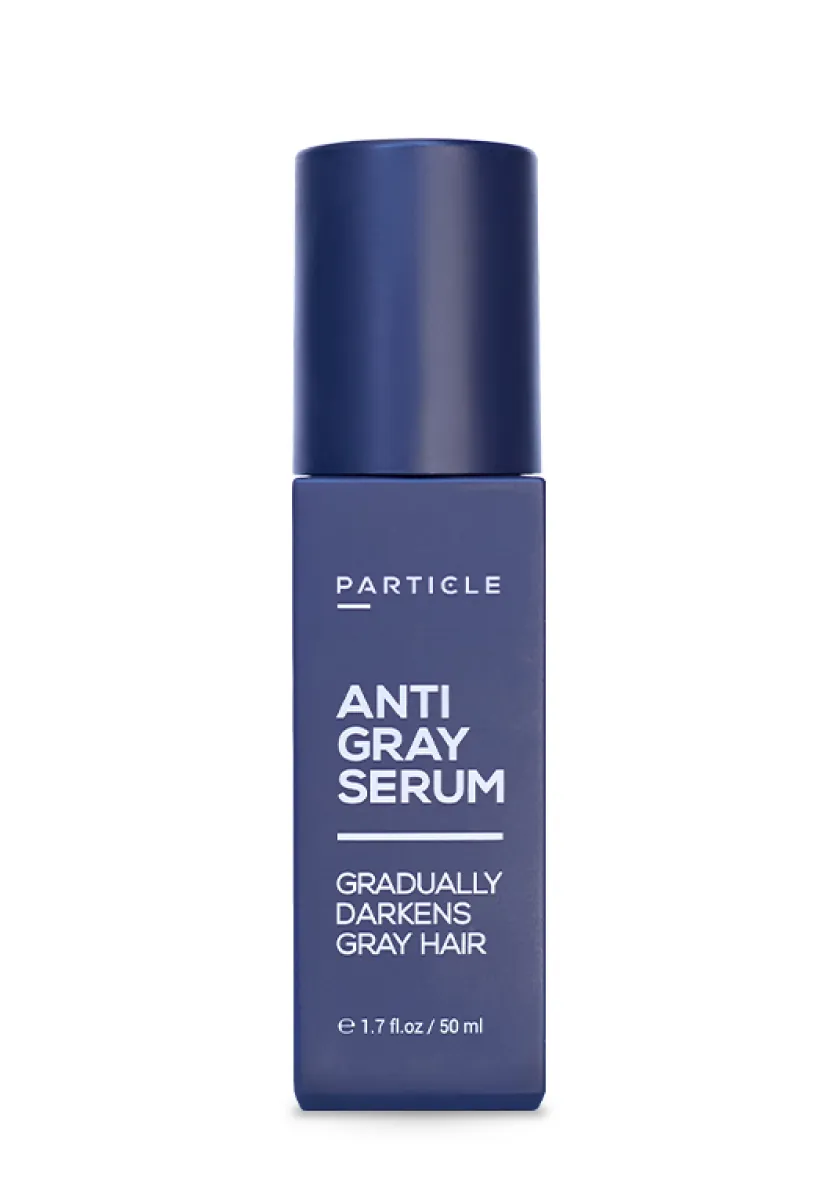
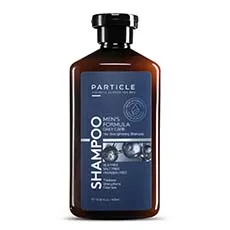
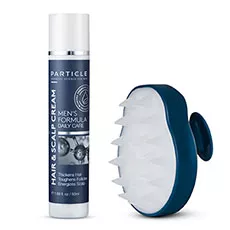
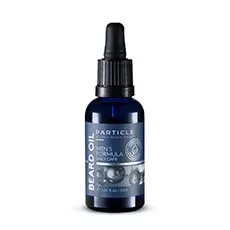
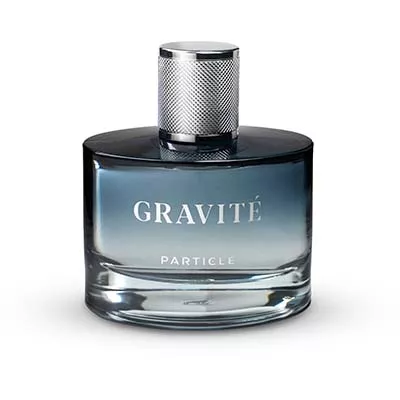

 ca
ca















